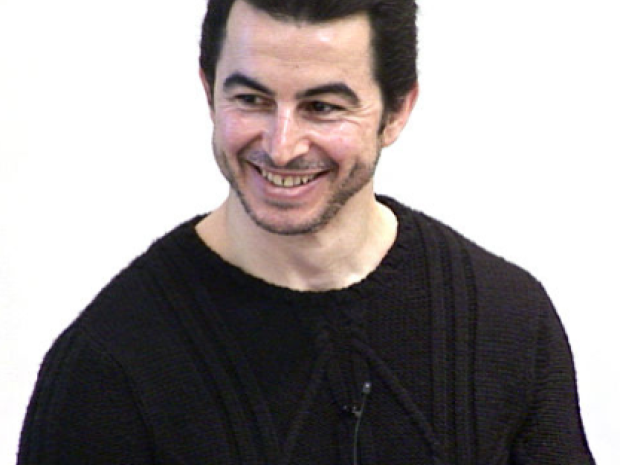NextG Wireless Systems at the Nexus of ML, Mobile XR, and UAV-IoT

Speaker:
Jacob Chakareski
College of Computing
NJIT
Jacob Chakareski is an associate professor in the College of Computing at NJIT, where he holds the Panasonic Chair of Sustainability and directs the Lab for AI-Enabled Wireless XR Network Systems and Societal Applications. He completed his PhD degree in electrical and computer engineering at Rice University and Stanford University. Dr. Chakareski organized the first National Science Foundation (NSF) visioning workshop on future XR communications and network systems in 2018. His research interests include NextG wireless XR systems, UAV-IoT sensing and networking, domain-aware fast reinforcement (RL) learning, deep RL for AI-enabled edge networks, 5G edge computing/caching, optical and millimeter wave wireless networking, multi-connectivity-enabled scalable 360° streaming, and societal applications. He has authored over 200 publications (books, book chapters, and IEEE/ACM journal and conference papers), holds 8 US patents that have been integrated into real tech products used widely today, and his Google Scholar -index is 36. Chakareski is a recipient of the Adobe Data Science Faculty Research Award in 2017 and 2018, the Swiss NSF Career Award Ambizione (2009), the AFOSR Faculty Fellowship in 2016 and 2017, and best paper awards at ICC 2017 and MMSys 2021. He has held research appointments with Microsoft, HP Labs, and EPFL, and served on the advisory board of Frame, Inc. (acquired in 2019 by Nutanix, Inc.). His research has been generously supported by the NSF, NIH, AFOSR, Adobe, Tencent Research, NVIDIA, Intel, and Microsoft. For further information, please visit www.jakov.org.
Abstract:
The talk reflects the recent paradigm shift in wireless networks research from the traditional objective of enabling ever higher transmission rates at the physical layer to enabling for the network system higher resilience to attacks, higher robustness to system components’ failures, closer vertical integration with key emerging applications and their quality of experience needs, and intelligent self-coordination. The talk will comprise three stories of related recent research (the number three is good J). I will first talk about multi-connectivity enabled NextG wireless multi-user VR systems. Then, I will outline our advances in domain-aware fast RL for IoT systems. Third, I will talk about enabling real-time human AR streaming in NextG classrooms featuring real and virtual participants. The presentation of each of these studies will comprise a brief outline of the overall NSF project in which they are embedded. Next, I will highlight an interdisciplinary NIH R01 study I lead at the nexus of VR and AI aimed at addressing the societal need of low-vision rehabilitation. Finally, I will highlight prospective collaboration avenues with NYU ECE faculty and students, and leave the floor open for questions and discussions.

